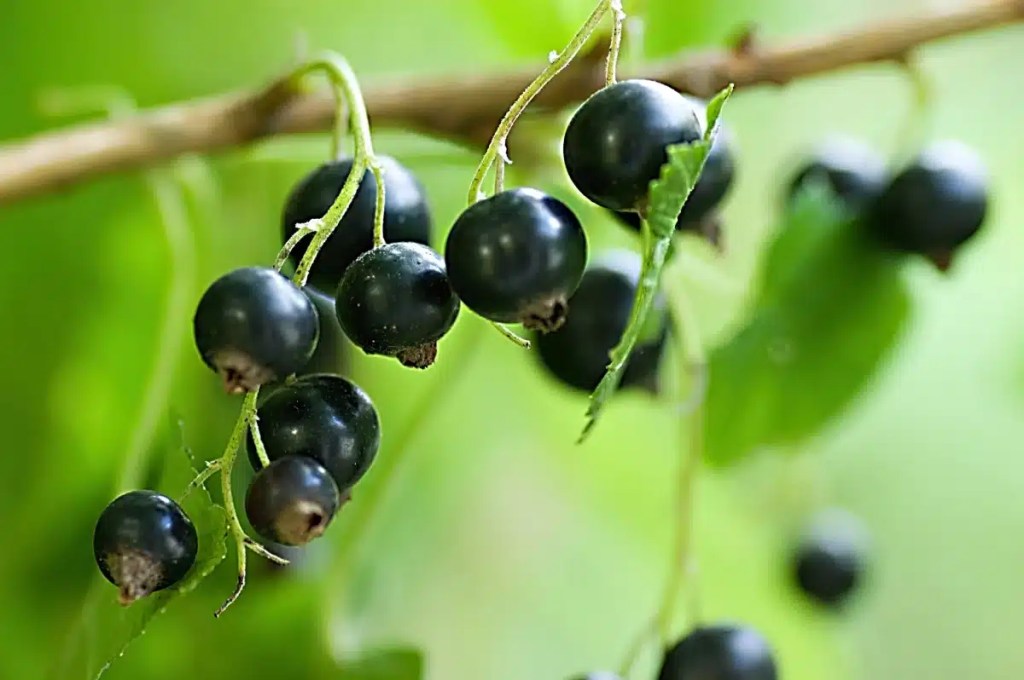The short answer is no; black currants are not safe for dogs to eat. While nutritious to humans, they are highly toxic to dogs. Black currants fall firmly in the same category as grapes and raisins and can lead to acute renal failure in dogs.
If you keep currants of any kind in…




